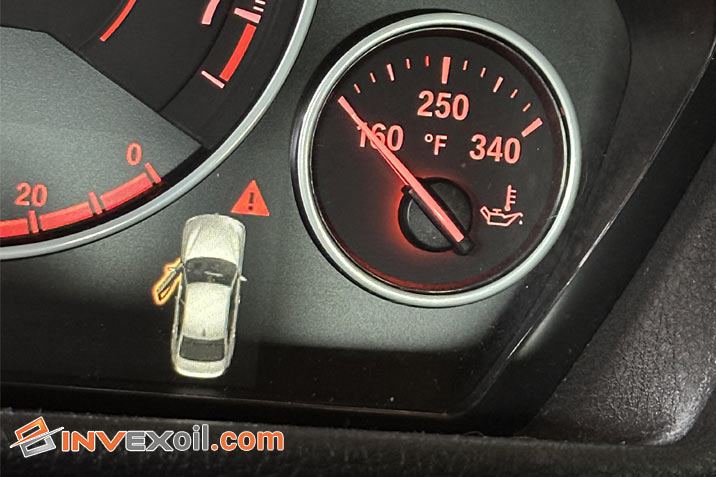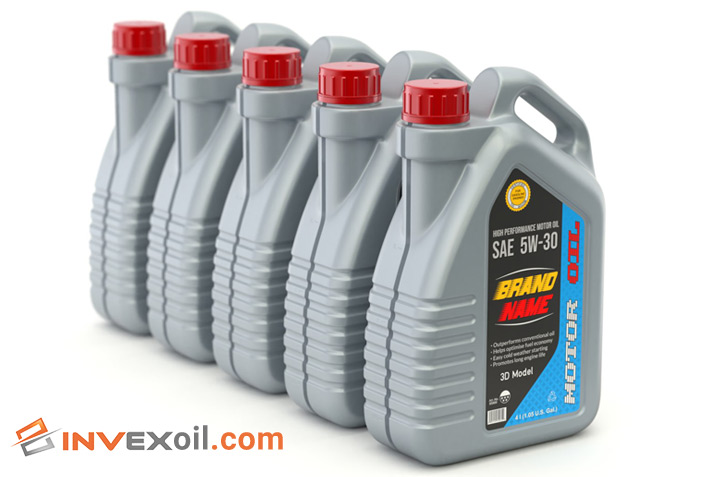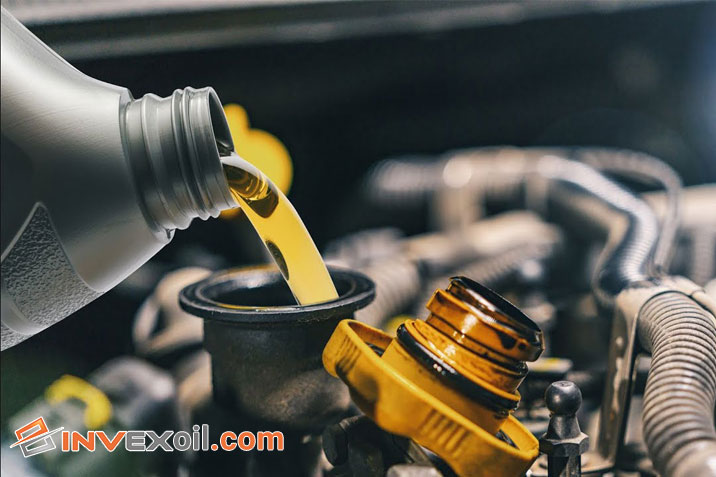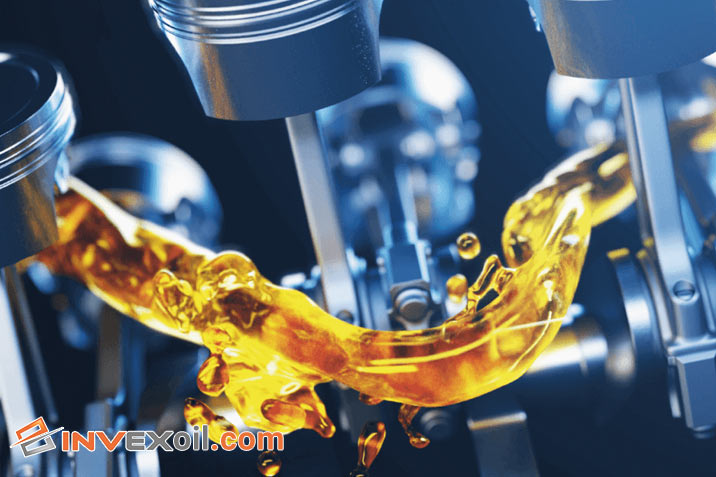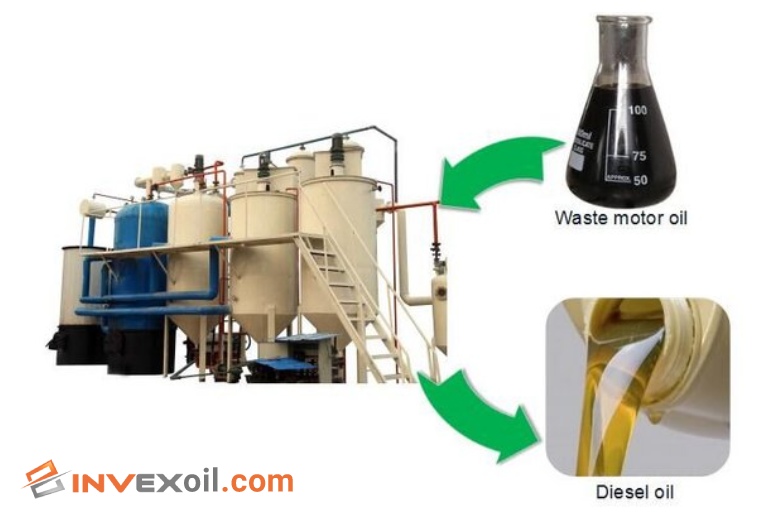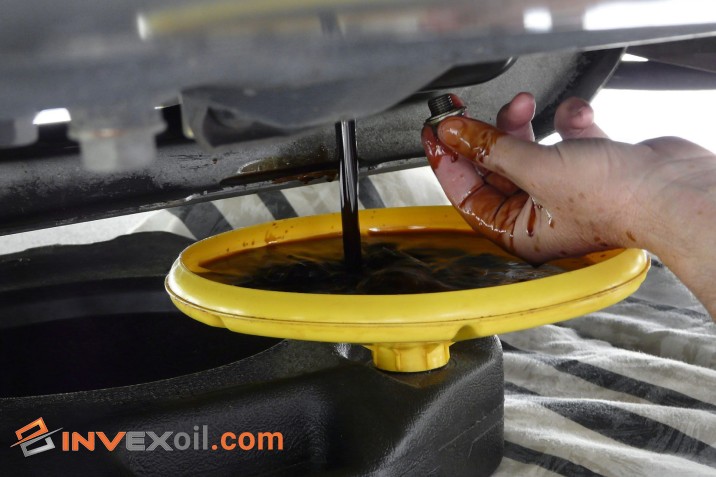It is engine oil that protects the machinery that makes up the oil and gas sector. It is important, however, to understand the main causes of engine oil degradation in order to ensure operational efficiency. As a result of the relentless heat of machinery and chemical reactions within the oil itself, we’ll unravel the culprits for oil degradation. We’ll also examine preventative measures to keep engines safe, such as regular oil changes, high-quality oils, and the benefits of an Oil purification system on engine oil
Table of Contents
Main Causes of Engine Oil Degradation
There are many reasons and causes for the degradation of engine oils. in this part, we cover some important causes to show you which one is destroying your engine hard.
1-Heat
Heat, often an overlooked adversary, is a formidable force in the world of engine oil. It doesn’t matter if you’re in the blistering heat of the desert or the frigid cold of the Arctic; extreme temperatures can play havoc with engine oil. This table illustrates the temperature ranges and their impact on engine oil properties, from viscosity changes to increased oxidation rates, all contributing to degradation.
| Temperature Range (°C) | Impact on Engine Oil Properties | Possible consequences of heat-related degradation |
| < 40 | Increased viscosity, making it harder for oil to flow and lubricate moving parts. | Increased friction and wear, leading to engine damage. |
| 40-60 | Optimum temperature range for most engine oils. Viscosity is low enough for easy flow, but high enough to provide adequate lubrication. | None. |
| 60-80 | Decreased viscosity, making oil less effective at lubricating moving parts. | Increased friction and wear, especially at high RPMs. Engine seizure is possible. |
| 80-100 | Oil begins to break down, forming deposits and sludge. This can clog oil passages and reduce oil flow. | Increased friction and wear, leading to engine damage. Oil starvation is possible. |
| > 100 | Oil breaks down rapidly, losing its lubricating and cooling properties. | Severe engine damage, including piston rings, bearings, and other components. |
2-Oxidation
Oxidation is a chemical reaction that’s no friend to engine oil. It’s a bit like rust on a bicycle chain. Over time, engine oil molecules react with oxygen, leading to thickening, sludge formation, and heightened acidity levels. All of this adds up to accelerated wear and tear on vital engine components.
3-Contamination
Contamination, in the oil and gas industry, is an ever-present nemesis. Particles, debris, and even water can infiltrate engine oil, causing abrasive damage and sparking chemical reactions that erode performance. The sources of contamination are many and varied, from dust and dirt to byproducts of combustion.
4-Mechanical Stress
Engine oil doesn’t have it easy. The daily grind of operations subjects it to relentless mechanical stress. Think of it as a marathon runner who encounters hurdles every step of the way. These forces can shear oil molecules, compromising its lubrication capabilities and leading to increased wear and reduced engine efficiency.
These are the main adversaries in the battle against engine oil degradation. Knowledge of these culprits is your shield, protecting your machinery and ensuring optimal performance in the demanding landscape of the oil and gas industry
Preserving Engine Oil: A Strategy Guide
In the complex world of oil, gas, and machinery, safeguarding engine oil is akin to protecting the lifeblood of operations. To tackle the challenges of engine oil degradation, we’ve formulated a comprehensive strategy. In this article, we’ll explore these preventative measures and their pivotal role in the oil and gas industry.
Comparison of Oil Change Frequencies
First, let’s examine how the frequency of oil changes impacts engine oil quality. The table below sheds light on this crucial aspect:
| Oil Change Frequency | Engine Oil Quality |
| Every 3,000 miles | Excellent |
| Every 5,000 miles | Good |
| Every 7,500 miles | Fair |
| Every 10,000 miles or more | Poor |
Regular oil changes emerge as the sweet spot for maintaining optimal engine oil quality. Now, let’s learn more about the specifics.
Using High-Quality Oil
The quality of engine oil matters more than you might think. High-quality oils can make a significant difference in machinery performance.
High-Quality Oil Performance
To illustrate this point, we’ve compiled data on the performance of various high-quality engine oil brands. This data speaks volumes about the advantages of investing in top-tier oil.
| Engine Oil Brand | Viscosity Index | TBN | Flash Point (°C) |
| Mobil 1 5W-30 | 170 | 10.3 | 232 |
| Pennzoil Platinum 5W-20 | 175 | 10.5 | 234 |
| Castrol Edge 0W-40 | 178 | 10.7 | 236 |
| Royal Purple Synthetic 5W-30 | 180 | 10.9 | 238 |
| Amsoil Signature Series 0W-20 | 182 | 11.1 | 240 |
Opting for high-quality oil can lead to excellent results in the challenging conditions of the oil and gas industry.
Ensuring Proper Filtration
Filtration is the unsung hero in the battle against engine oil degradation. It keeps unwanted intruders at bay, ensuring the longevity of engine oil.
Filtration Efficiency Ratings
This table showcases filtration efficiency ratings for various filtration systems. It serves as a compelling reminder of the critical role proper filtration plays in the oil and gas domain.
| Filtration System | Filtration Efficiency (%) |
| Full-flow oil filter | 95-99 |
| Bypass oil filter | 99-99.9 |
| Centrifugal oil filter | 99.9-99.99 |
Navigating Engine Oil Care: A Balanced Perspective
In our exploration of the complexities of engine oil management in the oil and gas industry, we have explored preventative measures designed to protect this vital fluid from degradation. We will now put on our analytical hats and discuss the pros and cons of these strategies, while also examining their effectiveness in a variety of operational scenarios.
Advantages of Preventative Measures
- Enhanced Machinery Performance: Regular oil changes and high-quality oil can significantly boost machinery performance, reducing downtime and maintenance costs.
- Extended Engine Life: Proper filtration helps prolong engine life by preventing premature wear and tear caused by contaminants.
- Cost Savings: Though investing in high-quality oil and filtration systems might seem pricey upfront, the long-term savings in maintenance and repairs are substantial.
Disadvantages of Preventative Measures
- Initial Costs: Implementing these measures can be cost-intensive, especially for businesses with tight budgets.
- Resource Intensiveness: Maintaining a stringent schedule for regular oil changes and filtration can be resource-intensive and may require additional personnel.
- Diminished Environmental Impact: Excessive oil changes can contribute to environmental waste, particularly when not handled properly.
- Complex Decision-Making: Choosing the right oil and filtration system demands careful consideration, research, and expert consultation.
Conclusion
Our article has focused on the important issue of engine oil degradation. This issue has been attributed to numerous factors, including the relentless effects of heat, the chemical complexities of oxidation, and contamination and mechanical stress. We’ve analyzed preventive measures, including regular oil changes, selecting high-quality oil, and ensuring proper filtration, armed with data-driven insights.
FAQ
What Causes Engine Oil Degradation?
Engine oil degradation is primarily caused by factors like heat, oxidation, contamination, and mechanical stress. These elements can deteriorate the oil’s quality over time.
How Can I Prevent Engine Oil Degradation?
You can prevent engine oil degradation by ensuring regular oil changes, using high-quality oil, and implementing proper filtration. These proactive measures help extend the life of your engine oil.
Why Is Engine Oil Degradation a Concern in the Oil and Gas Industry?
Engine oil degradation is a significant concern in the oil and gas industry because it can lead to equipment breakdowns and reduced operational efficiency. Preventing degradation is crucial for maintaining machinery performance.

Hello, This is Matteo Hudson Copywriter from InvexOil. We are here to provide super-important content to help you learn more easily and be involved in the world of Petroleum and Chemistry. We are here to answer your questions, help you to have better services, and also find the best solution for your problems. Don’t be shy and ask your questions in the comment box or call our number. If you want to connect with me directly, you can search for my name on Linkedin.


